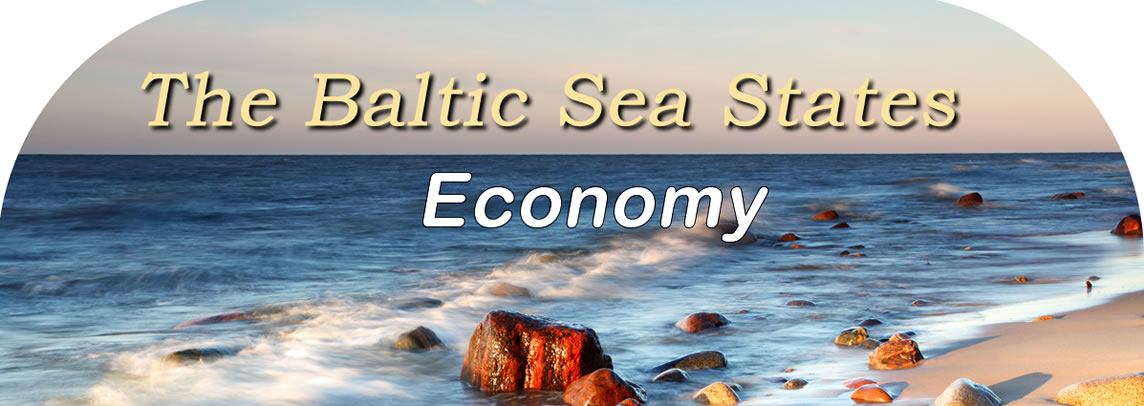
Economic Changes For The Baltic
Sea States
World War II and Baltic Sea State Economies
The Baltic Sea countries have
served as an economic powerhouse in Europe since the Middle Ages.
Economists frequently discuss the synergistic effect that each
country in this area has in supporting the economy of one another to
create this powerhouse effect. The economy in the Baltic Sea
countries has faced many pressures over the years in the midst of
World War II and control under the Soviet Union.
From 1940 to 1953, the economies of states like Estonia, Latvia,
Lithuania, Poland and other Baltic Sea States were impacted by the
control of the Soviet Union regime. Many workers were lost due to
the deportations that the Soviet Union forced, such as the
deportation of over 200,000 individuals to remote areas of the
Soviet Union.
In 1941, the Nazis of Germany then invaded the Baltic Sea States and
interrupted the control that the Soviet Union had over these states.
The harm that was done to workers and the Baltic Sea citizens was
intensified under the Nazi regime. There were thousands of people
deported and killed in the masses as a result of the invasion of the
Nazis.
| A good way of making economies is saving money on
car insurance. Many people who own classic cars only
drive them for a few days at a time so short term car
insurance can give real savings. UK motorists can insure
their classic vehicles for as little as one single day;
click here to visit the website. |
Under the Nazi regime, the Baltic Sea States were forced to create a
national collectivist agricultural industry that supported Germany.
The private farms of farmers were taken away to serve this
collectivist notion.
Present Day Baltic Sea State Economies
Today, the economies of the
Baltic Sea States can be divided into two groups according to
income. The high-income states of the Baltic Sea region are Finland,
Denmark, Norway, Sweden and Germany. The low-income states of the
Baltic Sea region are Latvia, Lithuania, Estonia, Russia and Poland.
The latter countries are now considered to have economies that are
in the post-socialist stage and are contributing to the European
economy as a whole.
The Baltic States are now part of the European Union (EU) and North
Atlantic Treaty Organisation (NATO) today. Being part of these
organizations have helped the Baltic States to integrate into
European culture and the global economy. Baltic States like
Lithuania, Latvia and Estonia are no longer dependent on Russia as
they once were in their socialist stages.
The regional integration of the Baltic Sea States also now attracts
investors from all around the world. The integration of the Baltic
Sea States also has a profound impact on the individual economies of
each state. For example, lower-income Baltic States like Lithuania,
Estonia and Latvia are now able to gain access to sophisticated
investors and consumers from around the world. They now have the
opportunity to become players in an expansive market. The
higher-income countries now have the opportunity to gain greater
access to global markets and can also engage in specialization of
their products.
As the Baltic Sea States continue to work to become stronger members
of the European Union, the regional economy will only continue to
strengthen in the future. Lower-income countries in the Baltic Sea
region will benefit as a result.

© Baltic21.org
2013, All Rights Reserved |

